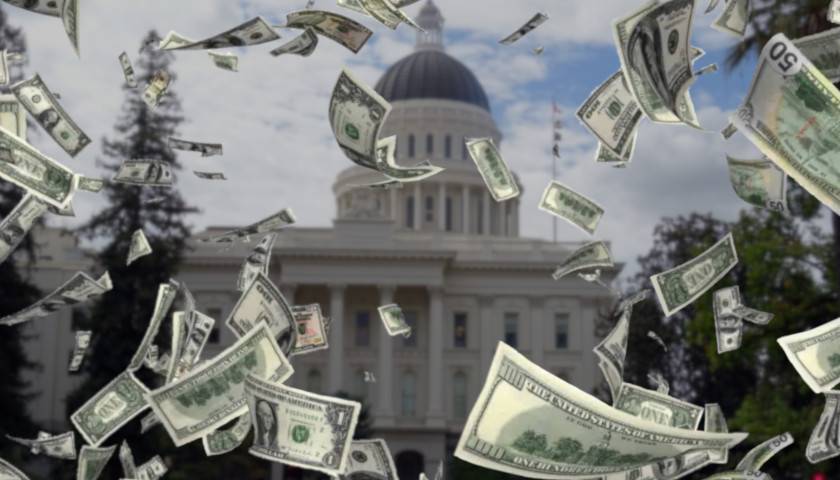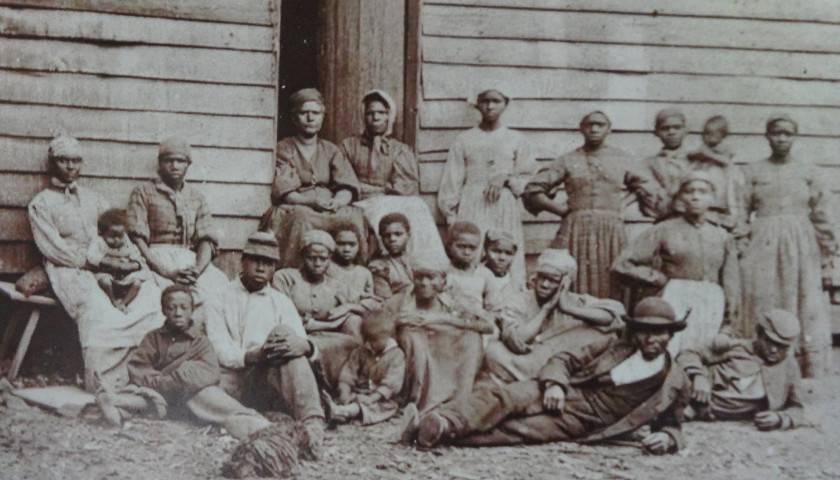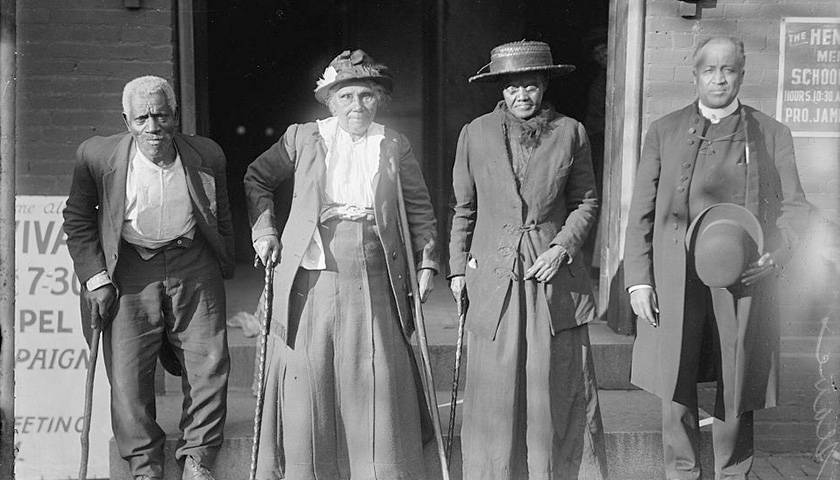On Wednesday, lawmakers in the state of California introduced a series of bills aimed at providing reparations for historical slavery, which would include giving out property and financial compensation for alleged descendants of slaves.
As Politico reports, the bills represent the first of their kind in the country, after a rising left-wing movement in favor of reparations first emerged shortly after the 2020 race riots. The California bills had been in the works for the last several years after Governor Gavin Newsom (D-Calif.) set up a reparations “task force” to make suggestions, which led to a 111-page report issued last year.
Read More











